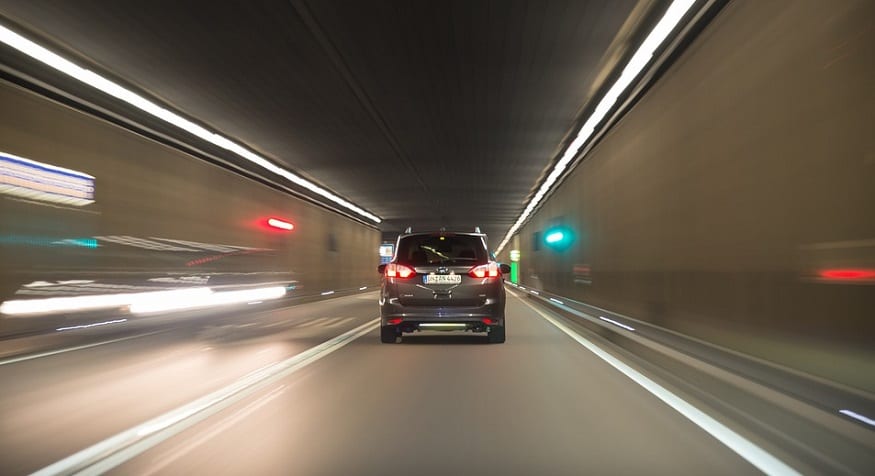These automated vehicles will remove 90 percent of the risk associated with driving a car.
Self-driving cars may still be at their very earliest uses in certain very specific locations, but the auto insurance industry is already bracing for them. After all, these vehicles will change the nature of the need for coverage.
As it appears that a substantial amount of the risk from driving will shrink, insurers are bracing themselves.
At the moment, the first wave of self-driving cars come with astronomical premiums. A recent Bloomberg report pointed to a Southern Californian entrepreneur and venture capitalist, Dan Peate, who was considering the purchase of a Tesla Model X. That vehicle’s Autopilot mode came with an auto insurance quote of $10,000 per year.
The reason is that the earliest examples of automated vehicles have had some quirks that have proven dangerous. That said, the technology is rapidly evolving and, even with the occasional quirk, they would still make the roads safer than they are with only human drivers behind the wheel. The complex radar, lidar and cameras are predicted to be substantially better at identifying and responding to potential problems than humans with our more limited senses. Moreover, these devices never accidentally fall asleep, look away due to distraction, or drink too much at a bar.
The auto insurance industry is getting ready to need to shift its stance regarding self-driving cars.
The industry as a whole is keeping a close eye on automated vehicles. There has yet to be a policy for these vehicles that allows drivers to save money when compared to what they would pay for covering a vehicle they’re driving themselves. However, that is about to change.
Peate, the same person who was quoted $10,000 per year to cover a Tesla with Autopilot is also the founder of Hixme, a group health insurance company. That said, his next plan is to launch a company specializing in providing auto insurance for owners of automated cars or cars with automated-driving features, regardless of whether they are partially assisted or fully automated.
 As self-driving cars continue to become an increasingly common focus among automakers of all sizes, auto insurance companies are watching the risks and features in order to be ready with affordable products when the vehicles become more commonplace.
As self-driving cars continue to become an increasingly common focus among automakers of all sizes, auto insurance companies are watching the risks and features in order to be ready with affordable products when the vehicles become more commonplace.

